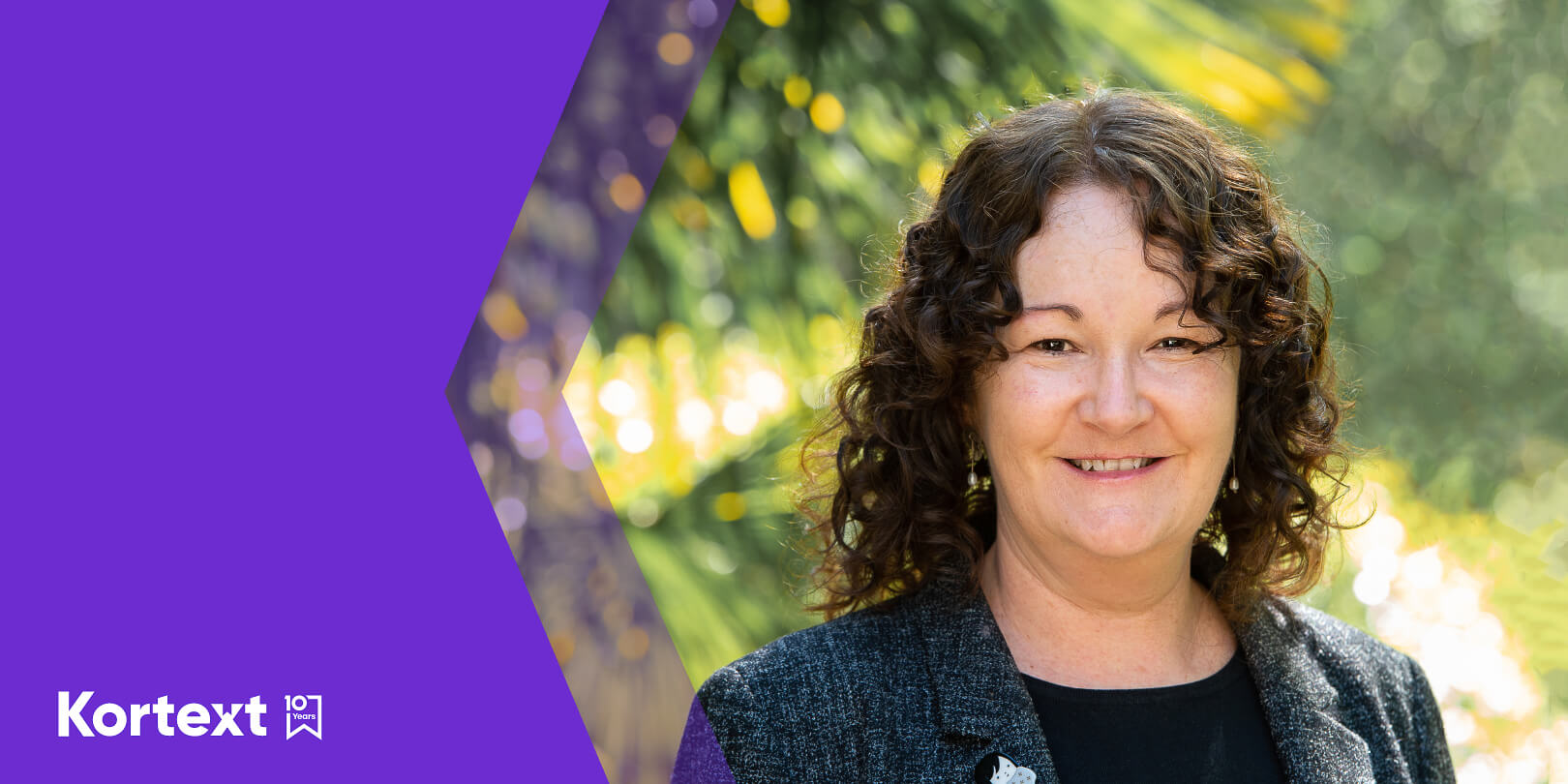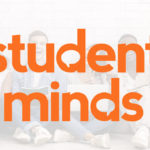Clare West (Head of Library Services and University Librarian at Bournemouth University) will be a panellist at Kortext’s summer webinar on 6 July. We spoke to Clare about UCAS’ Journey to a Million, the vital role of academic libraries and the importance of partnerships.
How do you think libraries will need to change to meet the demands of UCAS’ projected increase in student numbers?
A lot depends on whether budgets are going to increase accordingly. I think, across the sector, we’ll have to continue making the most of the resources and the budgets we have.
“It’s going to be about working smarter, doing more with less.”
We’ll need to make sure we’re getting the best value for money with content provision, ensuring we’re using analytics to get to the bottom of what’s being used and how, so we can be as smart as possible in terms of our acquisitions and content development.
If this had happened pre-pandemic, one of the biggest issues would be space. In our libraries we still haven’t seen a return to pre-pandemic levels of occupancy. Even before COVID-19 we were noticing a change in usage, with fewer requests for more spaces and more computers. We’re working with our students to develop our space in terms of quality, rather than quantity.
There’s always that idea of the library as a supportive environment. I think a lot of students like to gravitate towards that and they like to gravitate together towards that. It’s about a sense of belonging and shared experience. We need to make the space really relevant for them, with clear signposting to the support they need. Our goal is to create a vibrant hub, a space where students want to be.
Currently students access learning resources using multiple platforms and interfaces. How can libraries deliver the streamlined, user-friendly learning experience that students want? What role can edtech providers play?
I think we need to see this in terms of partnership. Libraries, institutions and providers working in a positive way together. We also need to include faculties and students in the conversation. There should be a parity of voices across the collaboration with all stakeholders.
“It’s about better communication, better collaboration and a more concerted effort towards a partnership approach.”
We’re all trying to make the student journey as straightforward as possible, but we’re not doing it in an holistic way. We might adopt a solution that’s going to improve one part of the journey – that’s great and we need that to move forward – but to streamline the whole process, there has to be a more holistic approach.
We’ve held some focus groups recently with students because we’re developing a new academic skills hub. It’s been really interesting listening to their feedback. One of the things they’ve said is that they don’t have the capacity to be visiting lots of different places.
They see the VLE as the place they have to go. We asked what’s the best way to reach them and they said ‘use the places we have to go’. However, it’s not about bolting everything on to the VLE, but creating a seamless journey for students though the VLE to learning resources.
There are concerns in universities about students using AI tools, such as ChatGPT, to write assignments. How can libraries help institutions navigate issues around academic integrity and harness the potential benefits of AI?
I think libraries can play a really important role. It was interesting at the SCONUL AGM when the speaker said it has only been 208 days since ChatGPT was launched! It feels like so much longer. It makes me wonder what the next 208 days could bring.
Our students are asking questions about ChatGPT, such as ‘am I allowed to use it?’ and ‘how can I use it?’. We need to provide students with guidance now, but the library can’t do that in isolation. One of the first things we’re doing is setting up a working group with faculties to ensure there’s a consistent approach across the institution.
We’re conscious that the free version of ChatGPT doesn’t offer access to its full capabilities. So we’re looking at purchasing the premium subscription from the central library budget. We think offering this could be a way of bringing interested parties from faculties together to help us all understand more about how we can utilise its potential.
“Keep on top of it, keep ahead of it and understand exactly what it can do.”
The library can help students identify what generative AI does well and what it doesn’t do well. It can be great for planning and identifying key concepts, but we need to show students the difference between its output and pedagogical research. We can use ChatGPT as a starting point to help students understand that they need to critically analyse the information that they’re gathering.
Finally, how do you see the HE landscape in ten years’ time? Are there opportunities, as well as challenges, ahead for libraries?
One thing you definitely shouldn’t be doing if you’re planning for the next 10 years is setting a specific strategy that everything revolves around. Of course you need to set your key strategic objectives, but if the pandemic taught us anything it’s to expect the unexpected.
An important thing that came from our student focus groups was when we asked students to test headings for our academic skills hub. There was a heading for mental wellbeing, but they felt it needed a higher profile. Students see wellbeing as something that’s integral to all aspects of university life. The idea of studying healthily needs to be embedded in everything we do.
There’s a lot of discussion amongst colleagues about lifelong learning. We don’t know yet exactly what that will bring, but potentially there’s going to be enormous change for institutions, which could see them extending the blended approach and moving forward their online offering.
We’re already supporting a diverse student population, and we need to build on that diversity continually. We must understand more about the wide range of students we’re supporting, including the increase in commuter students. That’s how we can develop our support services across the institution.
Student engagement is the focus of everything we do. I’m conscious that no matter how excellent the service we provide, there are still some students we aren’t reaching. The majority of our students are campus-based and in the university ‘bubble’. How much more difficult will it be to engage with a broader, more dispersed student community? That’s going to be a headline for much of our work going forward.
“I don’t want to over-emphasise the importance of the library, but at its best, it can be the heart of the university. We are multidisciplinary. We are somewhere for all students. I think that’s one of our greatest strengths and our greatest opportunities.”







